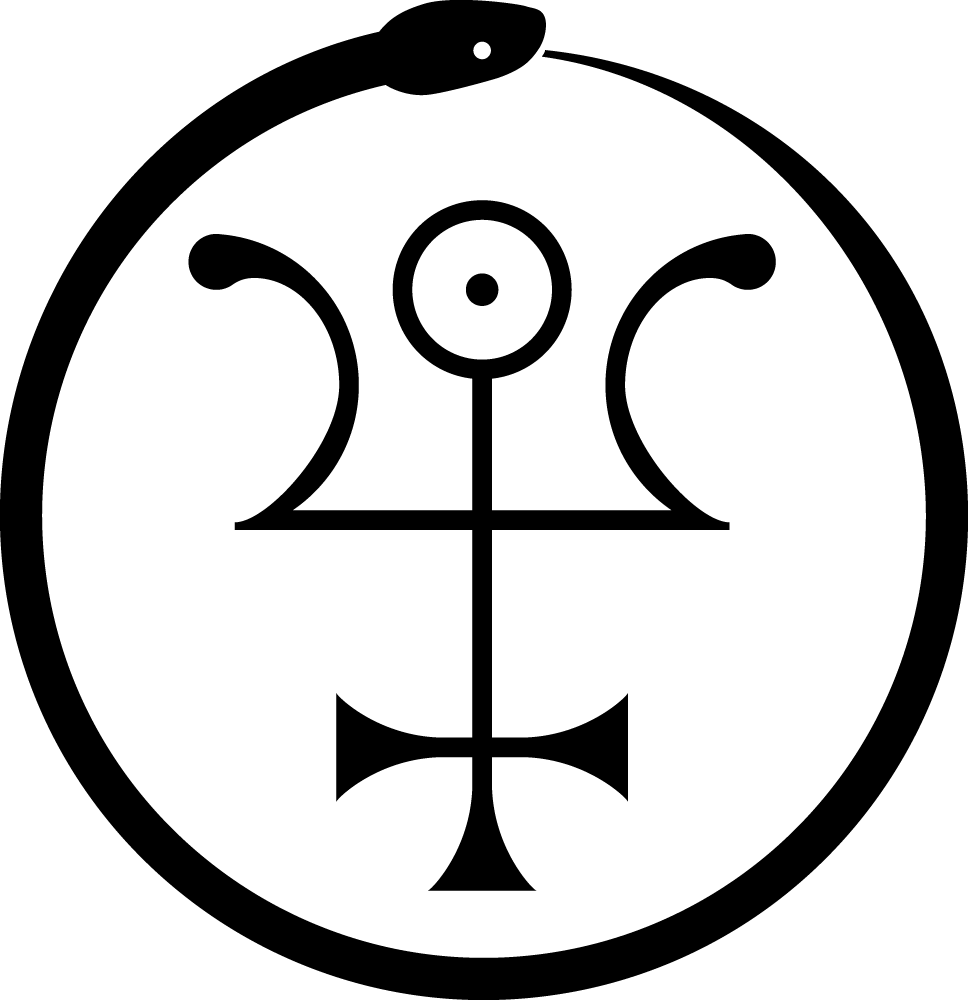(1622-1665 e.v.)
by T. Apiryon
Welsh alchemist, Qabalist, and Rosicrucian apologist. He was born at Llanaintffraid on the Usk, the brother of the well-known poet, Henry Vaughan.
Thomas Vaughan translated the Fama Fraternitatis and Confessio Fraternitatis into English and wrote a number of important magical and alchemical works under the pseudonym “Eugenius Philalethes.” He was killed by an explosion during an alchemical experiment, or, as some say, by an overdose of the Elixir. His works include Anthrosophia Theomagia, a Discourse of the Nature of Man and his State after Death (1650), Anima Magia Abscondita, a Discourse of the Universal Spirit of Nature (1650) Magia Adamica, the Antiquity of Magic (1650), Coelum Terrae, the Magician’s Heavenly Chaos, Unfolding a Doctrine Concerning the Terrestrial Heaven (1650), Lumen de Lumine, a New Magical Light (1651), Aula Lucis, the House of Light (1651), The Fame and Confession of the Fraternity of the Rose Cross (1652), and Euphrates, the Waters of the East (1655).
References:
McIntosh, Christopher; The Rosicrucians, the History and Mythology of an Occult Order, Crucible, Wellingborough 1987
Regardie, Israel; The Philosopher’s Stone [1970], Llewellyn Publications, Saint Paul, Minnesota 1978
Waite, Arthur Edward; The Real History of the Rosicrucians, London 1887
Waite, Arthur Edward (ed.); The Works of Thomas Vaughan, University Books, NY 1968
Yates, Frances; The Rosicrucian Enlightenment, ARK, London 1972/1986
Original Publication Date: 1995
Updated: 2/1/97
Originally published in Red Flame No. 2 – Mystery of Mystery: A Primer of Thelemic Ecclesiastical Gnosticism by Tau Apiryon and Helena; Berkeley, CA 1995 e.v.
